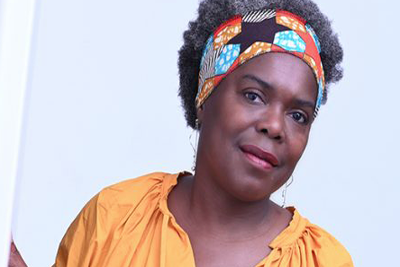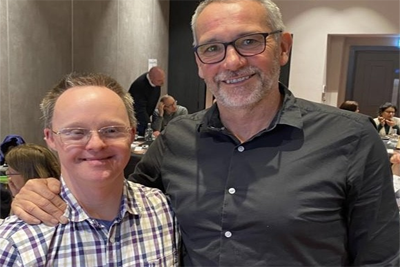05 July 2023
By Tracey Bignall, Senior Policy and Practice Officer, Race Equality Foundation
In order to have a health and social care system that works for everyone in society, it’s important to speak with, listen to, and design services that include everyone in society. Black, Asian and minority ethnic people are often misrepresented or excluded by public services, so it is vitally important that their voices are heard.
This is where co-production plays an important role. Part of our expertise at the Race Equality Foundation, is producing evidence based on lived experience to better shape public services. In the last year we have worked on a wide range of projects: from looking at data collection when recording ethnicity, to parenting support, to adolescent physical and mental health, the probation services, prison services, the environment, social care, and Covid19. The aim of our work is for better outcomes for people using public services by helping to ensure everyone’s voices are heard and their needs are met.

When it comes to health and social care, Black, Asian and minority ethnic communities often face unique challenges and experiences that may not be adequately addressed through a one-size-fits-all approach. Coproduction ensures that their perspectives and experiences are taken into account, allowing for more tailored and effective support.
Involving Black, Asian and minority ethnic individuals in decision-making processes acknowledges that they are the experts in their own lives and can contribute valuable insights that professionals may not possess. This collaborative approach helps to bridge the gap between service providers and the communities they serve, fostering trust, mutual respect, and cultural competence.
We value coproduction because it:
- recognises that individuals should be active participants in the design and delivery of services
- promotes a sense of ownership and empowerment
- leads to more culturally sensitive and inclusive services
- can identify systemic issues and disparities within health and social care systems
- fosters a sense of social justice and equity.
Black, Asian and minority ethnic communities often have unique cultural, religious, and linguistic needs that can significantly impact their health and well-being. By involving people from these backgrounds in service planning, providers can gain a deeper understanding of these needs and design interventions that are respectful, accessible, and culturally appropriate.
A key part of our work is identifying and highlighting that Black, Asian and minority ethnic communities frequently face inequalities in access, quality, and outcomes of care. By actively involving individuals, coproduction enables a critical examination of these disparities and the implementation of targeted strategies to address issues. This can help reduce inequalities and promote better outcomes for Black, Asian and minority ethnic people.
Responsive, inclusive and effective services
Ultimately, co-production acknowledges that every individual, regardless of their background, deserves to be treated with dignity, respect, and fairness. By ensuring that Black, Asian and minority ethnic voices are at the centre of decision-making processes co-production can lead to transformative change in health and social care, making services more responsive, inclusive, and effective for all.
This Co-production Week, let us acknowledge and celebrate working together for positive change and inclusion. The more coproduction there is, the better our health and social care system will be, as it will reflect and meet the needs of everyone, regardless of their ethnicity or background. This is good for both service providers and Black, Asian and minority ethnic communities, paving the way for a more equitable and person-centred approach to health and social care.



